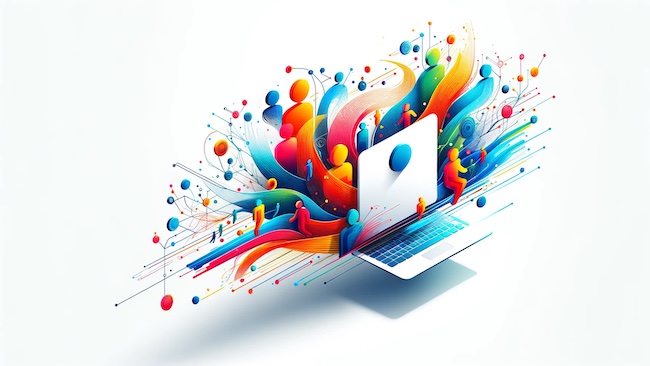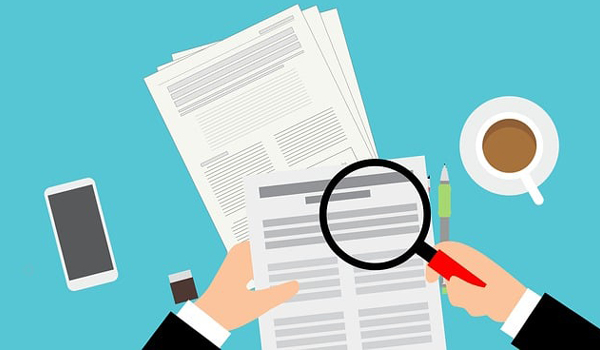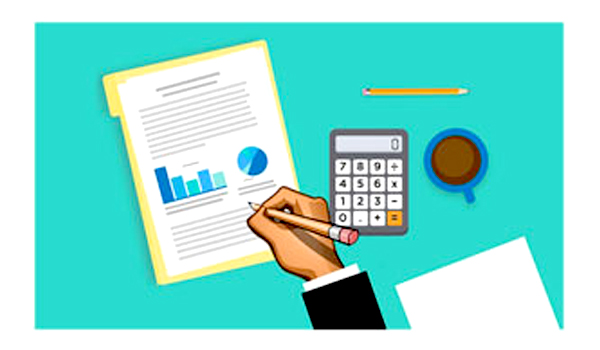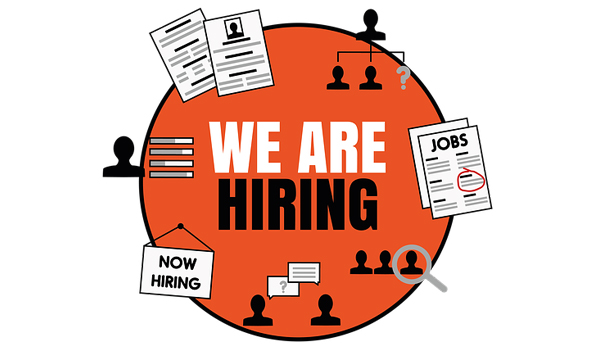DEI
DEI or diversity, equity, and inclusion is the efforts that a business takes to make all employees feel accepted and supported at workplace and celebrates their unique backgrounds.
Updated: December 5, 2023

DEI or diversity, equity, and inclusion is the efforts that a business takes to make all employees feel accepted and supported at workplace and celebrates their unique backgrounds.
DEI can be incorporated into several aspects of the workplace by companies. But most initiatives are taken by the human resources (HR) team to support current employees and when hiring new staff.
DEI recruiting software can be used by businesses to help hiring managers overcome any unconscious biases that may disrupt the interview and recruiting process. It also help ensure that all job opportunities are open to any qualified, interested candidates. Race, Ethnicity, Age, Income, Education status, National origin, Sexual orientation, Gender identity and expression, Disability and Neurodiversity are different types of diversity in the workplace.
Improved creativity and innovation, increased profitability and retention of best employees are benefits of DEI. Combining diversity, equity, and inclusion within the workplace acknowledges the value that diverse employees bring to the table. Employees have the freedom to think more creatively and present their perspectives born from the range of their life experiences when they feel valued and supported.
Using inclusive language in company communications, incorporating equity into job descriptions, developing employee resources and taking an analytics approach to DEI are best practices of DEI.
Types of diversity in the workplace
- Gender Diversity
- Ethnic and Racial Diversity
- Age Diversity
- Cultural Diversity
- Ability Diversity
- Sexual Orientation Diversity
- Religious Diversity
- Educational Diversity
- Socioeconomic Diversity
- Thought Diversity
- Language Diversity
- Nationality and Geographic Diversity




